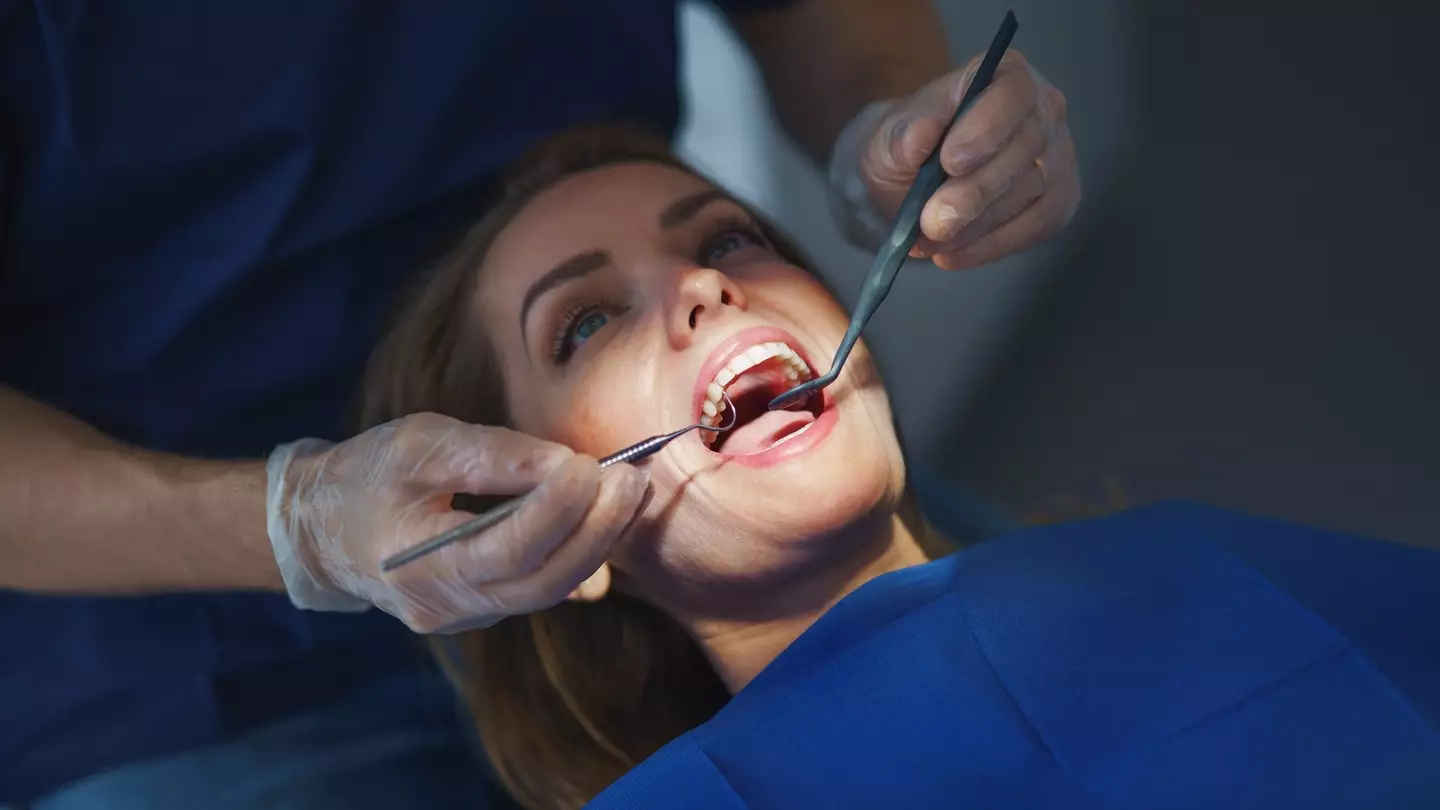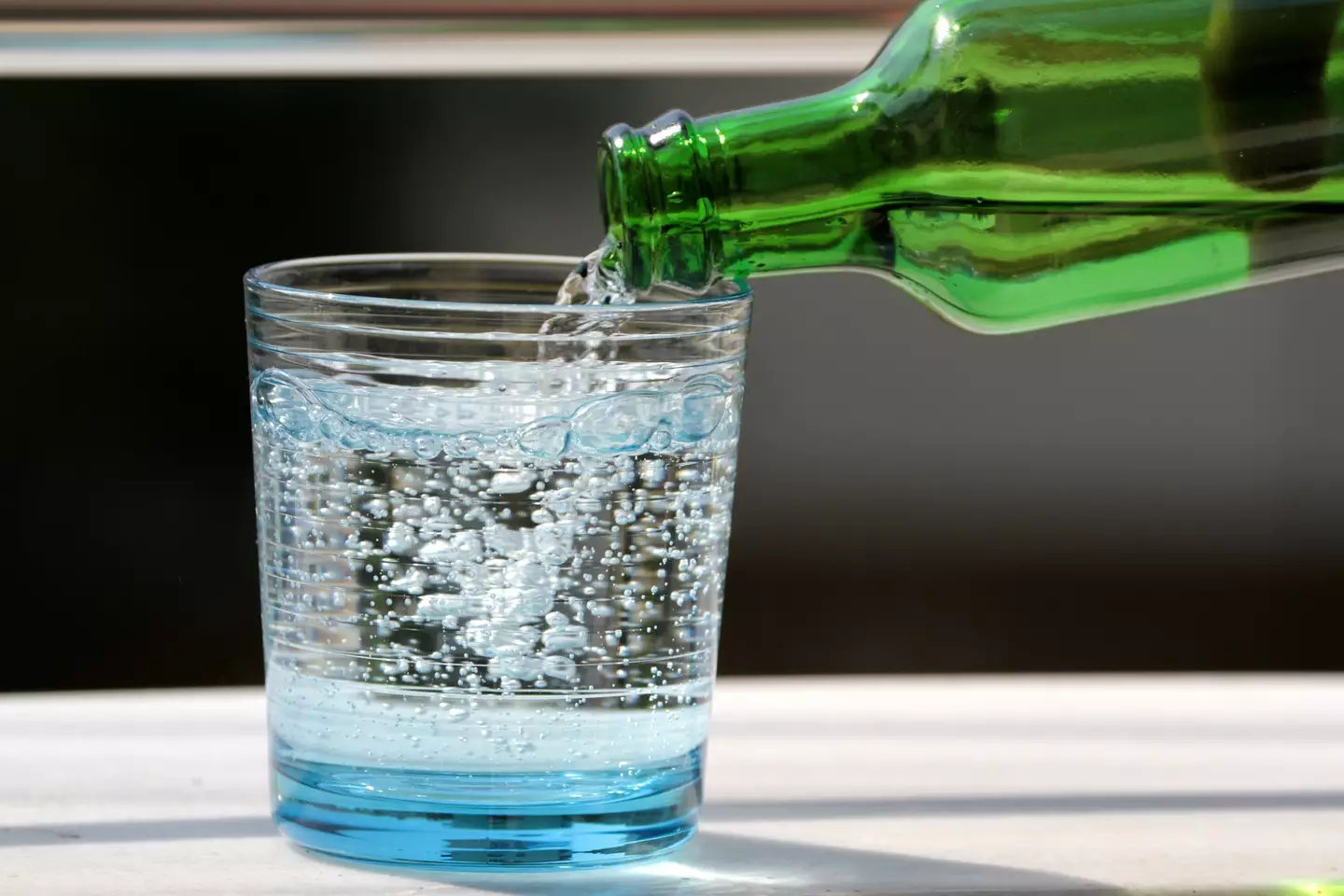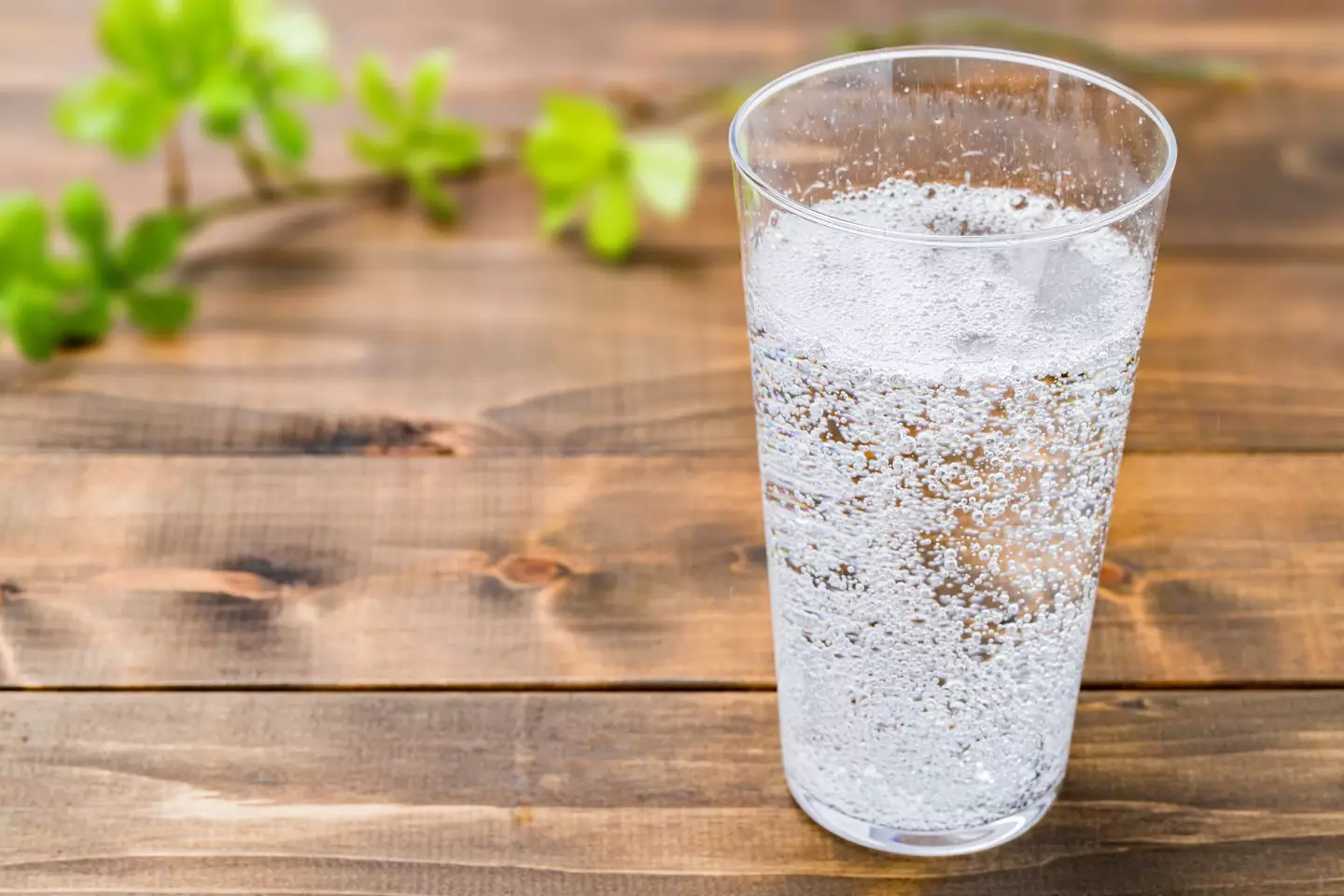
Sparkling water might have a polarising taste, but the people who love it tend to swear by it.
When the waiter comes over and asks if you'd like still or sparkling, there is no hesitation when the carbonated drink is accompanied by ice and lemon.
Others love to use it as a mixer, while some just have it as a healthier alternative to fizzy soft drinks.
The trouble is that it could be doing more damage to your teeth than you realise.
Advert
Dr Ben Atkins, a spokesperson for the Oral Health Foundation, told iNews that normal water has a neutral pH level, while sparkling water 'etches' the teeth because it is acidic.
"It's the carbonic acid, the bubbles, that cause the problem," he explained.

"Carbonic acid is a very mild acid, but it's still acid and can be bad for your teeth.
"That means it takes material off it.
"Then next time you rub it against food or something else, very, very small bits of enamel break off.
"Over your lifetime that can be a lot of enamel."
Dr Praveen Sharma, associate professor and honorary consultant in Restorative Dentistry at the University of Birmingham, also noted that sparkling water 'has the potential to affect teeth by eroding the outer layer of enamel of the tooth'.
"If sparkling water is flavoured, particularly with citrus flavours, then the erosive potential is greater," Dr Sharma said.

That's why she prefers for her patients to drink still water.
"It's a simple health message: if you're worried about erosion, don't drink fizzy water," the expert continued.
"I've seen patients who have lost 50 or even 80–90 per cent of their crown, or the top of their teeth, because of acidic reflux and fizzy drinks."
But if you can't bear the thought of choosing it over normal water at a restaurant, then there is a solution.
"Avoid sipping over long periods, and use a straw," the British Dental Association's (BDA) adviser adds.
"In addition, rinse with water after drinking and don't brush immediately after consumption to avoid 'rubbing the acid' into the teeth."
Dr Atkins also admitted that having it once a week isn't a problem.
"But if you're having three bottles of fizzy water a day, yes, well, let's take a step back and look at that. Pop it into the treat section – so it's not every day," the dentist warned.
Topics: Health, Food And Drink